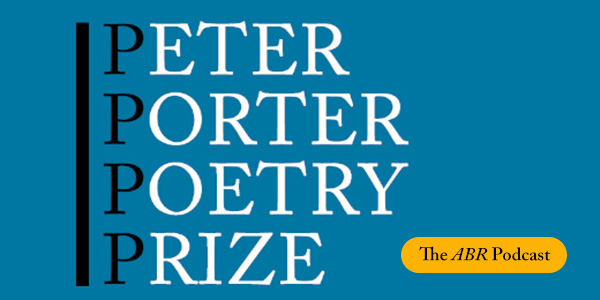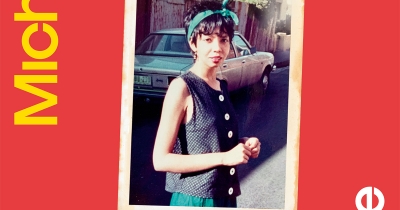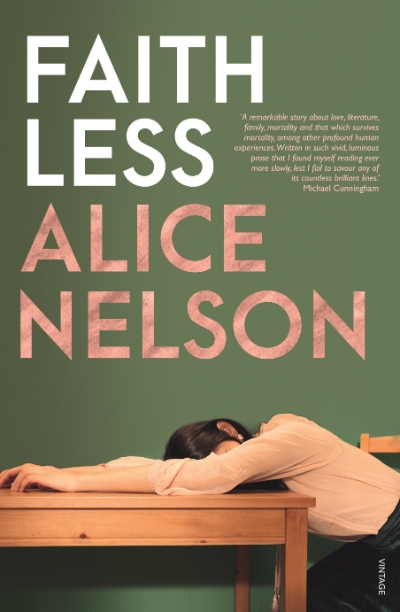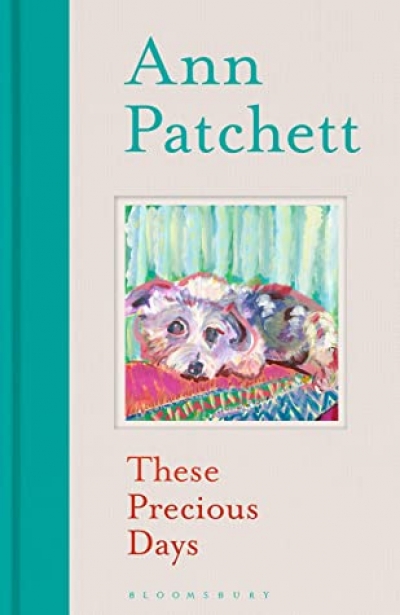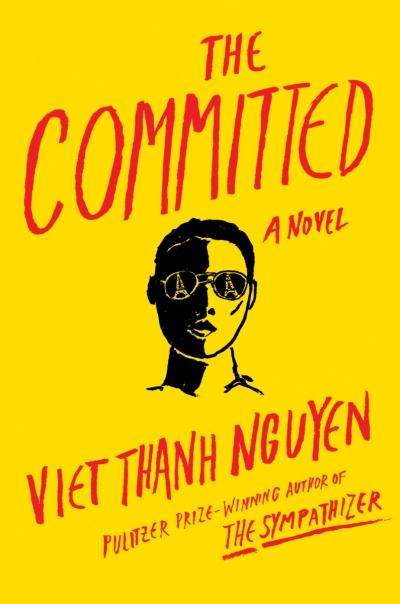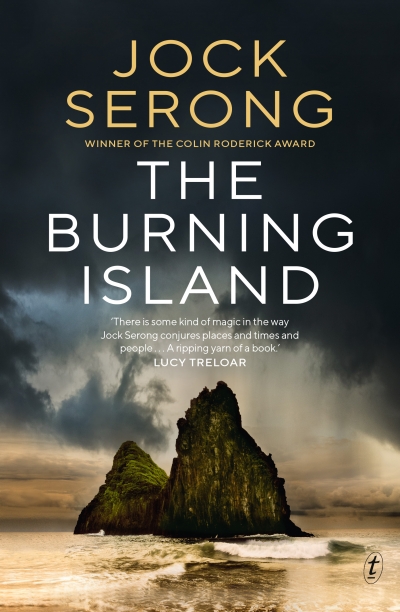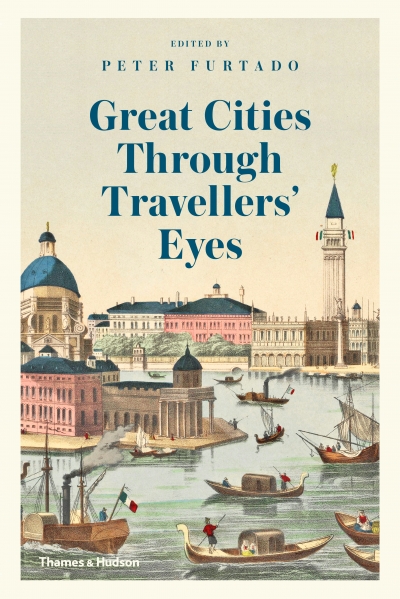Accessibility Tools
- Content scaling 100%
- Font size 100%
- Line height 100%
- Letter spacing 100%
Nicole Abadee
The ABR Podcast
Released every Thursday, the ABR podcast features our finest reviews, poetry, fiction, interviews, and commentary.
Subscribe via iTunes, Stitcher, Google, or Spotify, or search for ‘The ABR Podcast’ on your favourite podcast app.
2025 Peter Porter Poetry Prize Shortlist
Read by the poets
This week on The ABR Podcast we feature the 2025 Peter Porter Prize shortlisted poems, as read by the five poets, published in the January-February issue of ABR.
Recent episodes:
In today's episode, Amy Baillieu speaks to Nicole Abadee about Sofie Laguna's latest novel, Infinite Splendours. In her November issue review, Abadee reflects that Laguna 'does not shy away from confronting subject matter' and notes that Infinite Splendours represents 'new territory' for Laguna as it follows protagonist Lawrence from childhood into adulthood. Baillieu and Abadee also discuss Abadee's own podcast Books Books Books.
... (read more)The cancellations started in the middle of March, just after Adelaide Writers’ Week. One by one, the various writers’ festivals advised that due to Covid-19 they would not be proceeding.
... (read more)
